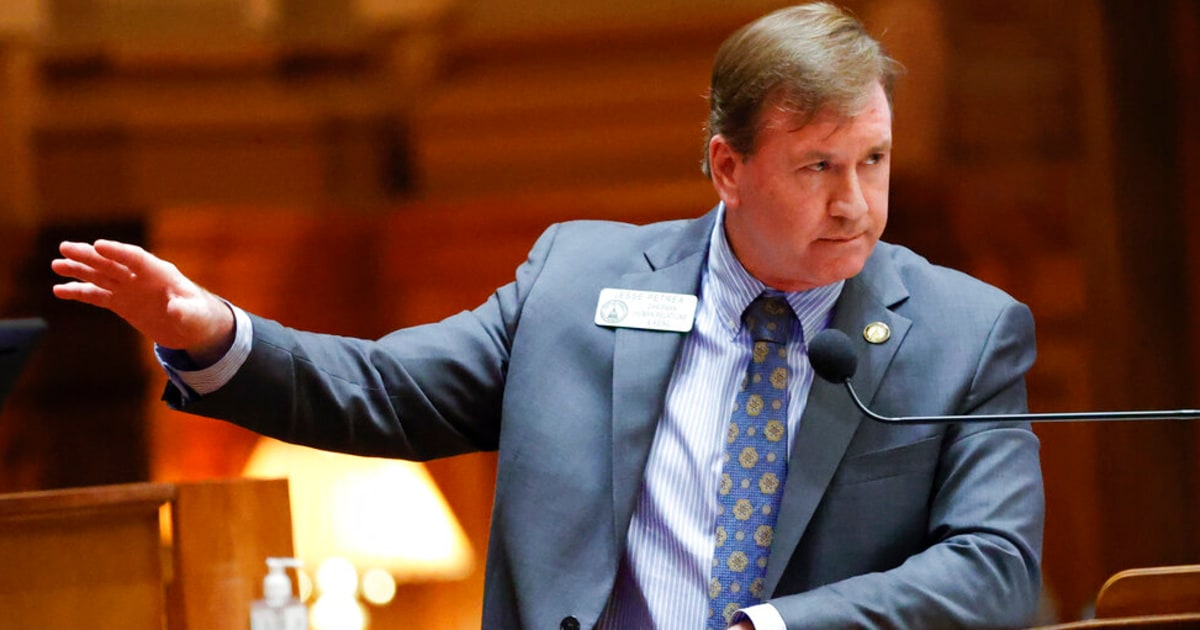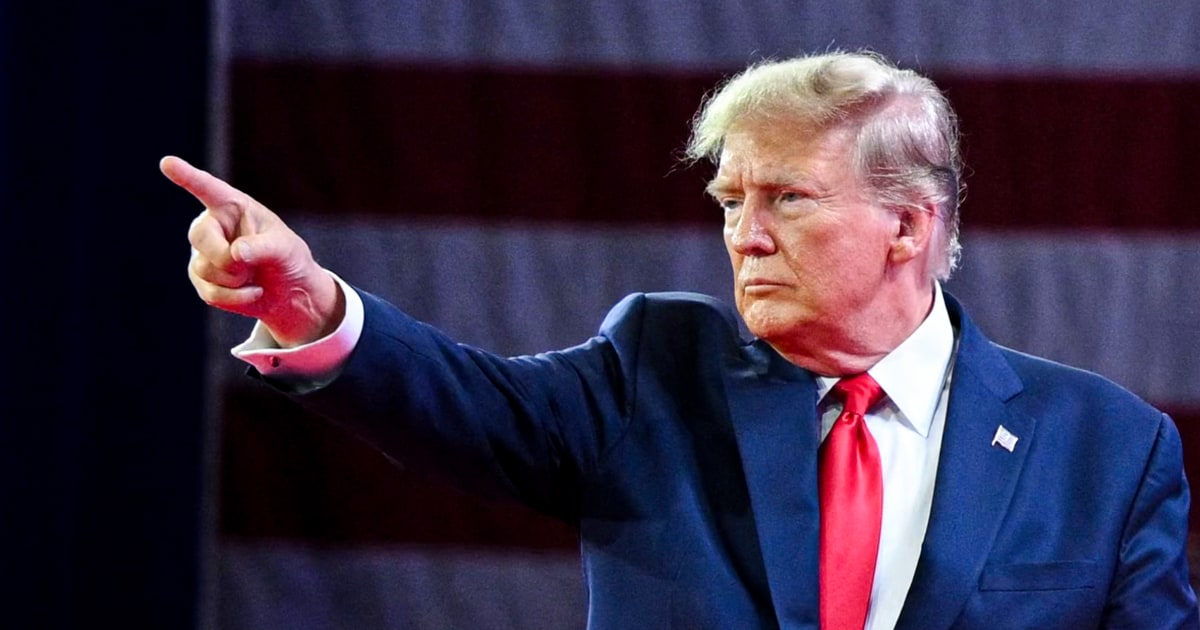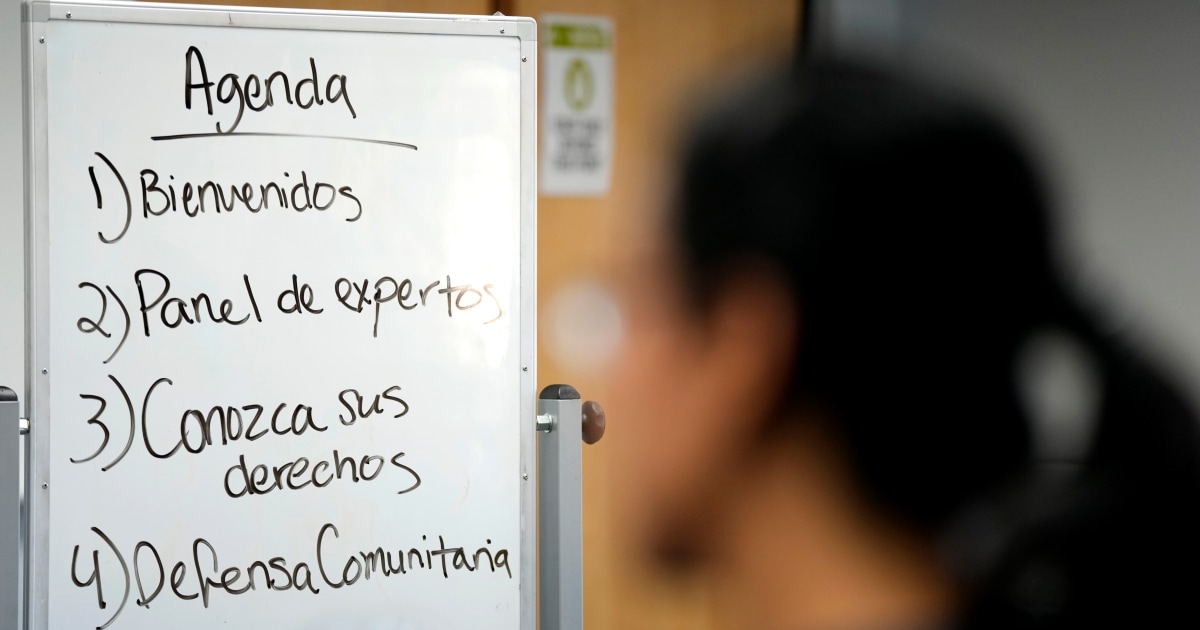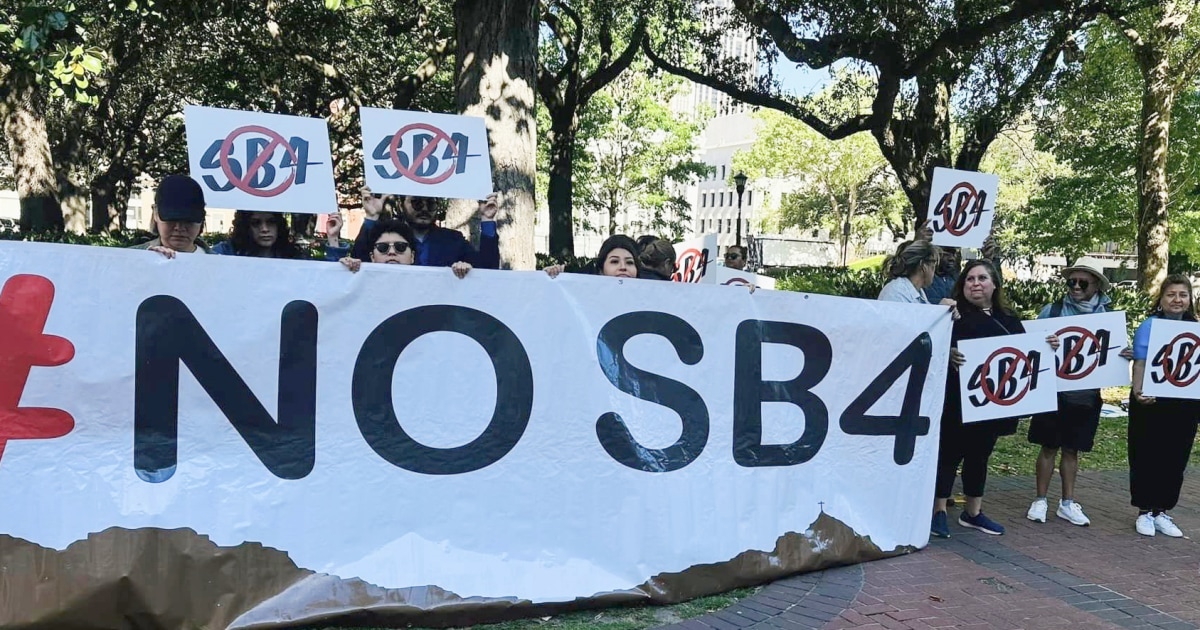New York at dawn. Immigration police (ICE) agents knock on the doors of an apartment in a city neighborhood, say they are conducting an investigation and ask to enter. Without further details, a series of arrests of undocumented people begins. It is 2017 and the new US president, Donald Trump, has just signed an executive order to toughen the country's immigration policy. The arrests are recorded by the cameras of Christina Clusiau and Shaul Schwarz for what has become, three years later, in the documentary series Immigration Nation , which has just been released on Netflix.
The road to reaching the digital platform has been uphill. The US government has tried, unsuccessfully, to delay its release until after the presidential elections on November 3 through delaying techniques in reviewing the material. The couple of filmmakers signed a contract with the immigration police in 2017 to have access to the daily work of the agents. A rare permit, but one that at the time was taken by ICE as a concession to publicly highlight the government agency. The contract detailed that the immigration agency had the right to review the material to avoid violations of regulations and protect the identity of some detainees.
Clusiau and Schwarz have told the press that the agency tried to censor some parts of the series, despite the fact that they did not violate any of the contractual conditions. "There was a long and unfortunate process of them trying to editorially change the documentary and they did it in a very intimidating way," Clusiau told the Los Angeles Times . Agents lying to enter buildings, mocking or recording detainees with their mobiles, are some of the scenes that have left the body upset with the filmmakers. Directors believe that ICE downplayed their request at first, but that as the agency gained prominence among the public for its role in detaining irregular immigrants, they became concerned about the video material. So the filmmakers made a backup.
The six-episode documentary shows the perplexing maze of immigration that in most stories ends in deportation. It reflects the work of the agency and the opinions of several of its agents. There is no consensus among them as to whether the hardening of immigration policies is the correct path or a path towards the violation of human rights. What the interviewees do agree on is that the raids increased sharply after Trump's arrival and that has them on the brink of collapse. “We don't have the resources to handle this in the long term. We don't really have it, not even for the short term, ”says one of the agents to the camera.
Trump's order expanded the tasks of ICE, which previously only focused on detaining undocumented immigrants with criminal records, to arrest anyone who could not prove that they live in the United States with the documents in order. The agency was created in 2003 and then it only had eight teams to make arrests; now ICE has 129 teams deployed across the country. "The rules are changing all the time," tell the agents in the series.
The stories of Immigration Nation focus on cases such as those of the dozens of Central Americans who cross the border with Mexico and are detained by border patrols, many of them fleeing violence and poverty in their countries. There are also the stories of migrants who after decades living and working in the United States are deported by surprise without being able to take their case before a judge. As well as the stories of young people who arrived as children, who do not know another place and have no direct ties in their countries of origin.
The filmmakers have not missed the opportunity to show the 2018 crisis due to the separation of undocumented families: children and adolescents in detention centers, secured in cages and suffering from cold and hunger. The images shocked the world at the time and the Trump administration had to react, but Clusiau and Schwarz decided to enter more into the personal stories of those parents who regretted the absence of their children and those of the minors who suffered trauma after the confinement.
The deportation agency has shown its discomfort because the final result shows the two faces of immigration: the executioner and the victim. According to the filmmakers, the agency believed that the documentary would only be about the agents and has protested that much of it has been dedicated to the stories of immigrants. Chains and electronic bracelets attached to the legs of dozens of detainees put the immigration police in the mirror. “I always thought that the gringos were good, but now I think, where are the good gringos?” A Honduran immigrant is asked in the documentary.



/cloudfront-eu-central-1.images.arcpublishing.com/prisa/RULPYNDV5FMFMTRM6OUNH3K3BY.jpg)





